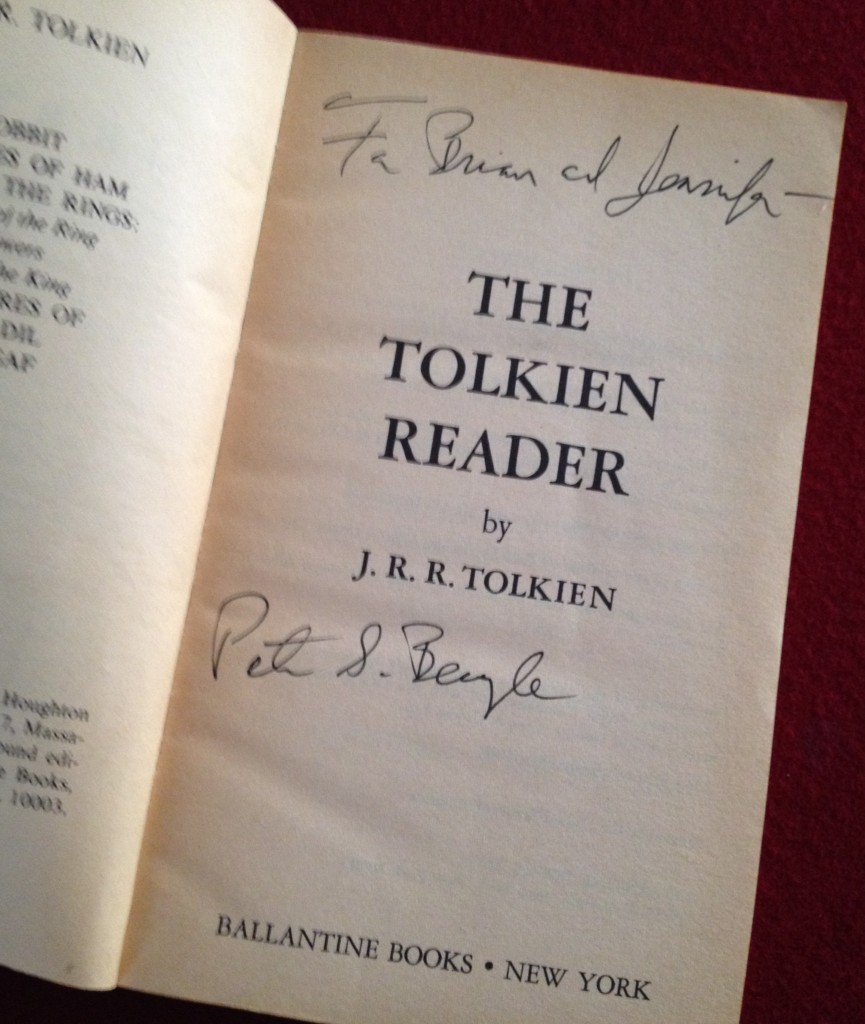This Jezebel article made the social media rounds recently. Summary: a woman discovered when she queried her novel under a male name, she had a much higher rate of requests and positive feedback.
No surprise here. But here’s the frustrating part—everyone is either blaming her for her “deceit” or pretending that the problem lies with others, not themselves. Let’s tackle that first one, because it’s easy. She used a fake name. And? This smacks of a guy getting caught cheating after his girlfriend went through his phone messages screaming about the violation of his privacy. It’s a tactic to divert from the much more serious issue. This argument makes you sound like a tool.
On to the next part, setting blame on everyone else and taking none for yourself.
Here’s the point: you’re not stuck in traffic—you are the traffic.
Every person in every one of those cars wants to get somewhere. Individually, they only cause a tiny little bit of road blockage. Collectively, they’re a traffic jam. But they are all contributing to that jam.
It’s the same with bias. One person’s little prejudices aren’t killing fairness and equity all by themselves. It’s the collective of them that creates the traffic jam.
Oh, but not you. You aren’t prejudiced.
Bullshit. You’re not perfect and you know it. Somewhere down in your coal black little heart you harbor some buried prejudice against women who take their husbands’ last names, or women who don’t, or women who write articles about that issue because you think it’s stupid either way. Or maybe your prejudice is about guys turn their gimme caps backward, or wear baggy jeans, or skinny jeans. Maybe you don’t like cat people, or dog people, and oh look, I haven’t even mentioned race yet (because damn, is that a loaded topic). But the cold hard truth is, you do have prejudices. If you didn’t, you’d be perfect, and while I’m sure you’re a lovely person and we should get together for whiskey shots sometime, you know you are not perfect. Neither am I (though I am a lovely person and we really should get together for those shots).
But the point is, the more you deny you have any biases, the more you contribute to the overall climate that allows prejudice to persist.
Say it with me now: I am the problem. You are the problem. We are all the problem. No one gets a pass out of this.
Here’s what I do about it. Instead of assuming I’m not biased, I assume I am and look for it. That’s the only way to catch it. Ignoring it or pretending it’s not there won’t do any good. If you do this right, it will hurt. Assuming the worst of yourself can really suck, but the more you do it, the easier it gets.
And rest assured, every time you lie to yourself and think you are not part of the problem, you make the problem bigger.
So this is how we begin to fight prejudice. We stop hiding it. We stop imagining it’s something in other people and not ourselves. Instead of pretending you don’t see color or gender (seriously, don’t say such asinine things), make sure you are policing yourself as hard as you want to police others.
So what about those openly prejudiced people, the racists, misogynists, transphobics, and general haters? Well if the rest of us who actually don’t want a racist/misogynist/transphobic/hater society would get our shit together and put serious effort into making sure we aren’t contributing to the problem even subconsciously, don’t you think that would go a long way toward minimizing their power? The problem is, we still aren’t doing even that much.
And let me know about the whiskey shots, I’ll meet you at the bar.
It doesn’t have to be whiskey, actually, I like red wine, too.

